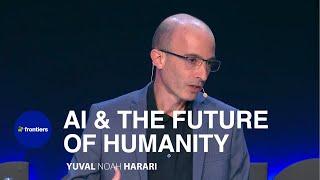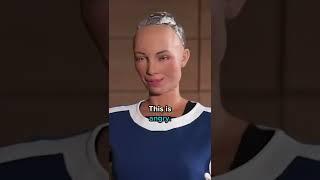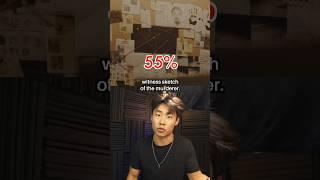In this video, I explore one of the most exciting developments in AI for scientific research: the Google AI Co-Scientist. While there's been a flood of tools claiming to help with literature reviews and idea generation, this one actually shifts the game.
▼ ▽ Sign up for my FREE newsletter
Join 21,000+ email subscribers receiving the free tools and academic tips directly from me:
https://academiainsider.com/newsletter/
▼ ▽ MY TOP SELLING COURSE ▼ ▽
▶ Become a Master Academic Writer With AI using my course: https://academy.academiainsider.com/courses/ai-writing-course
Instead of acting like a passive assistant, the Google Go-Scientist agent behaves more like a thinking partner — running debates with itself, refining hypotheses, and helping researchers develop meaningful directions for their work. It's not just about speed; it's about raising the quality of what gets proposed in the first place.
What fascinates me is the structure of this multi-agent system. Unlike traditional AI tools that generate content based on prompts (think OpenAI’s ChatGPT), Google’s system uses a coordinated team of agents — each with its own role in reviewing, ranking, or generating ideas — to simulate something much closer to actual scientific collaboration. And what that means for researchers is a new kind of workflow, one that could reshape how we begin and prioritize research projects.
One of the most impressive outcomes of this approach was the Google AI antibiotic discovery — a moment where the system identified previously unknown treatment candidates by sorting through massive volumes of biomedical data. It didn’t just find something novel; it found something useful. This points to the broader potential of these systems to influence real-world research far beyond just helping with your thesis or lab design.
I’m especially interested in what this means for academics under pressure to be productive. When the volume of new information becomes overwhelming, tools like this can act as filters — not replacing human reasoning, but enabling us to focus on what actually matters. Whether you're a PhD student or just following the latest AI news, this shift could be a major part of how science is done in the next decade.
................................................
▼ ▽ TIMESTAMPS
00:00 Intro
00:12 AI Co-Scientist
01:33 1st thing you should know
04:41 What Google said...
05:18 How it has been tested
05:50 Case Studies
06:59 The Second thing you should know
07:50 3rd Discovery made
09:18 Other Discoveries from Google Co-Scholar
11:45 Outro
................................................
▼ ▽ Socials for shorts and reels
Instagram: https://www.instagram.com/drandystapleton/
TikTok: https://www.tiktok.com/@drandystapleton
▼ ▽ Sign up for my FREE newsletter
Join 21,000+ email subscribers receiving the free tools and academic tips directly from me:
https://academiainsider.com/newsletter/
▼ ▽ MY TOP SELLING COURSE ▼ ▽
▶ Become a Master Academic Writer With AI using my course: https://academy.academiainsider.com/courses/ai-writing-course
Instead of acting like a passive assistant, the Google Go-Scientist agent behaves more like a thinking partner — running debates with itself, refining hypotheses, and helping researchers develop meaningful directions for their work. It's not just about speed; it's about raising the quality of what gets proposed in the first place.
What fascinates me is the structure of this multi-agent system. Unlike traditional AI tools that generate content based on prompts (think OpenAI’s ChatGPT), Google’s system uses a coordinated team of agents — each with its own role in reviewing, ranking, or generating ideas — to simulate something much closer to actual scientific collaboration. And what that means for researchers is a new kind of workflow, one that could reshape how we begin and prioritize research projects.
One of the most impressive outcomes of this approach was the Google AI antibiotic discovery — a moment where the system identified previously unknown treatment candidates by sorting through massive volumes of biomedical data. It didn’t just find something novel; it found something useful. This points to the broader potential of these systems to influence real-world research far beyond just helping with your thesis or lab design.
I’m especially interested in what this means for academics under pressure to be productive. When the volume of new information becomes overwhelming, tools like this can act as filters — not replacing human reasoning, but enabling us to focus on what actually matters. Whether you're a PhD student or just following the latest AI news, this shift could be a major part of how science is done in the next decade.
................................................
▼ ▽ TIMESTAMPS
00:00 Intro
00:12 AI Co-Scientist
01:33 1st thing you should know
04:41 What Google said...
05:18 How it has been tested
05:50 Case Studies
06:59 The Second thing you should know
07:50 3rd Discovery made
09:18 Other Discoveries from Google Co-Scholar
11:45 Outro
................................................
▼ ▽ Socials for shorts and reels
Instagram: https://www.instagram.com/drandystapleton/
TikTok: https://www.tiktok.com/@drandystapleton
- Category
- Artificial Intelligence












Comments